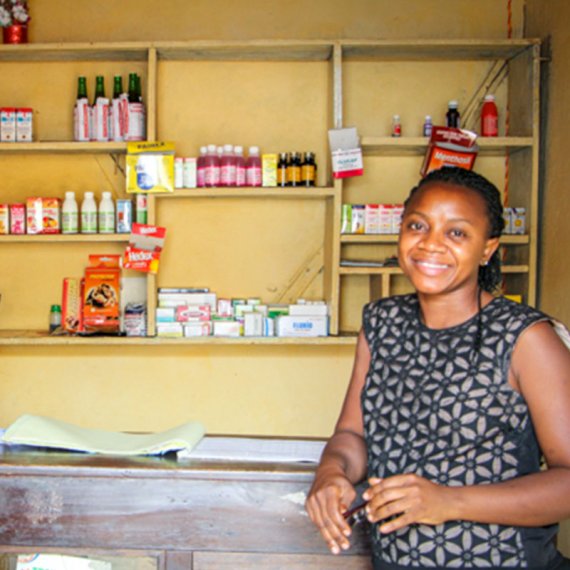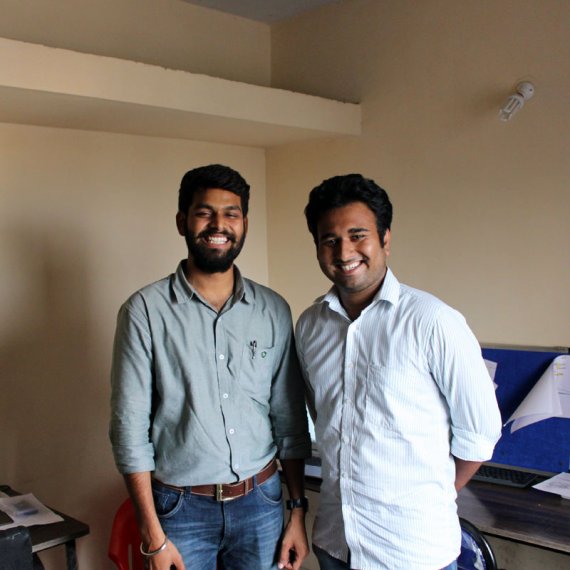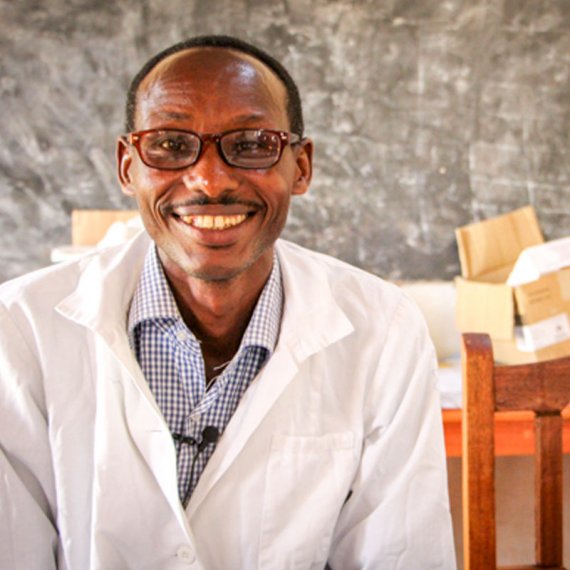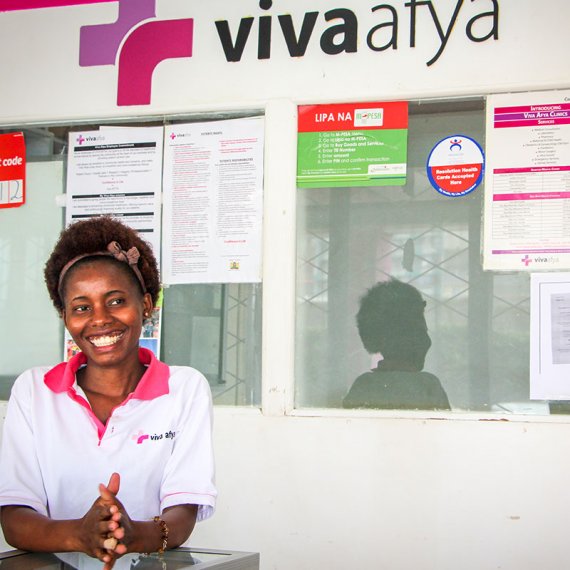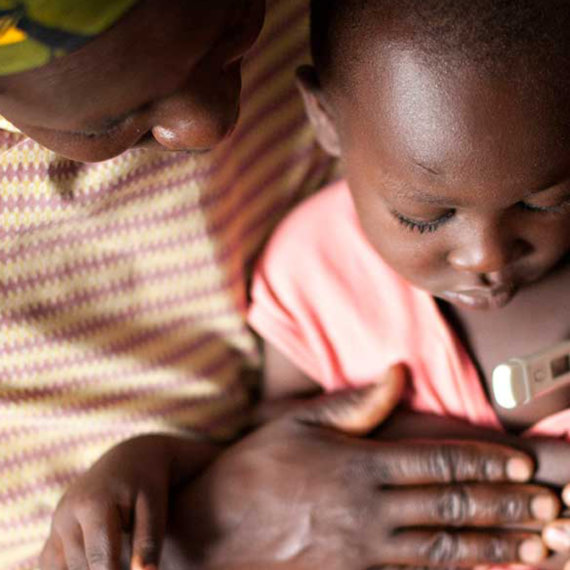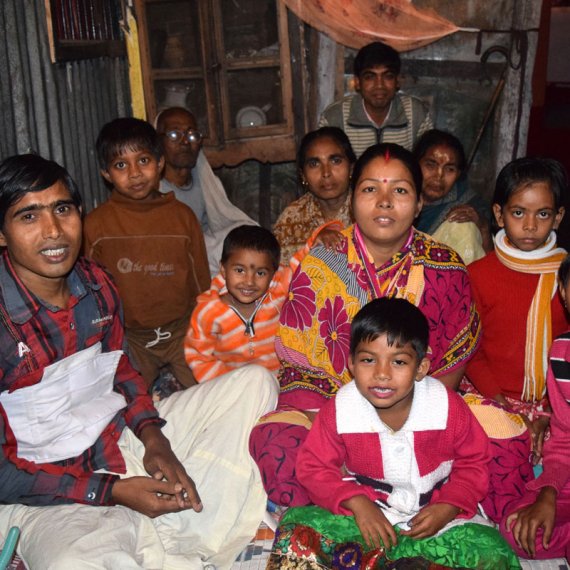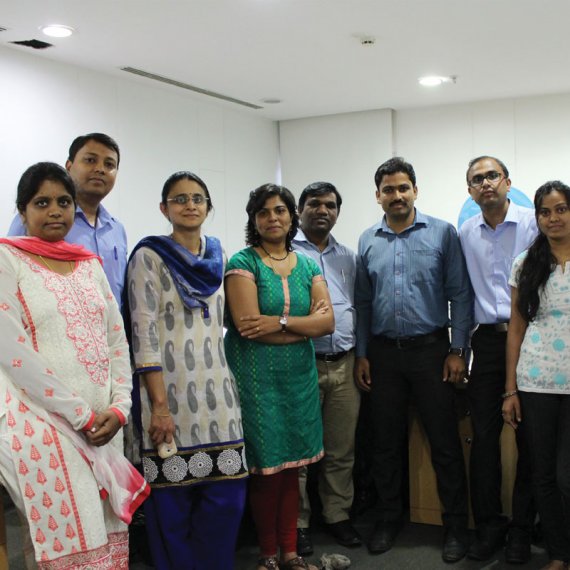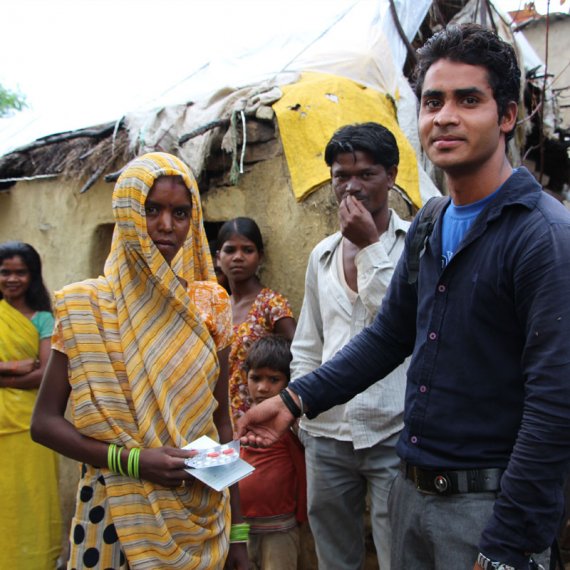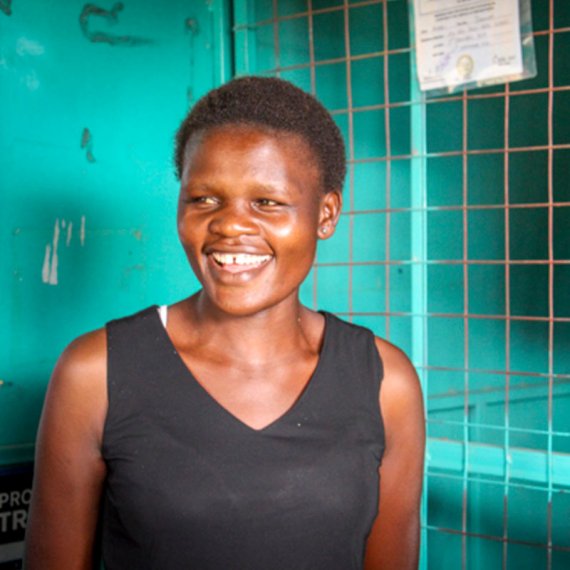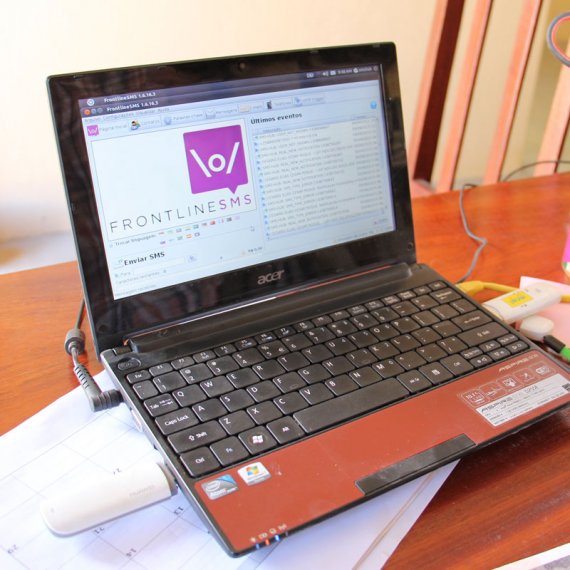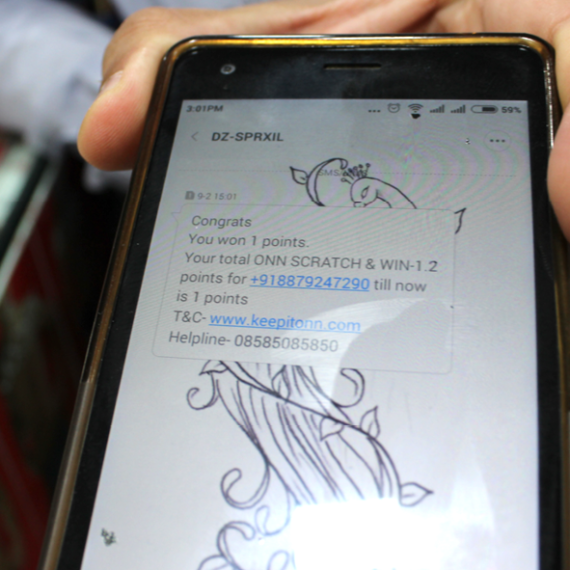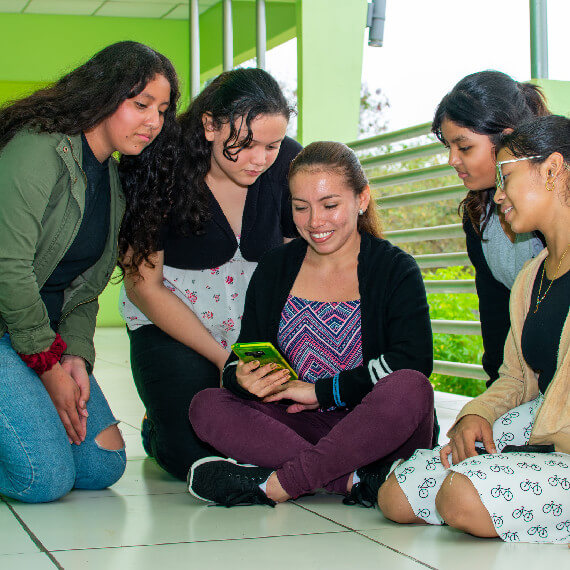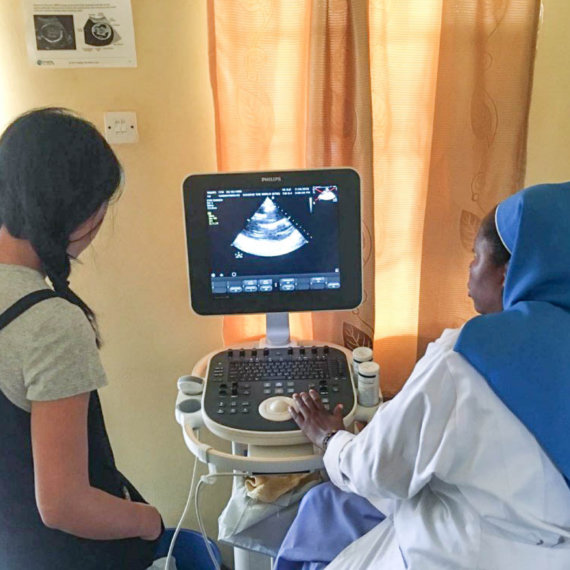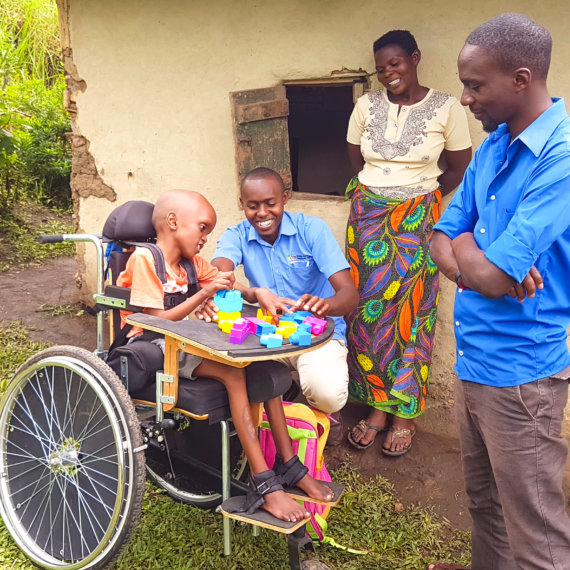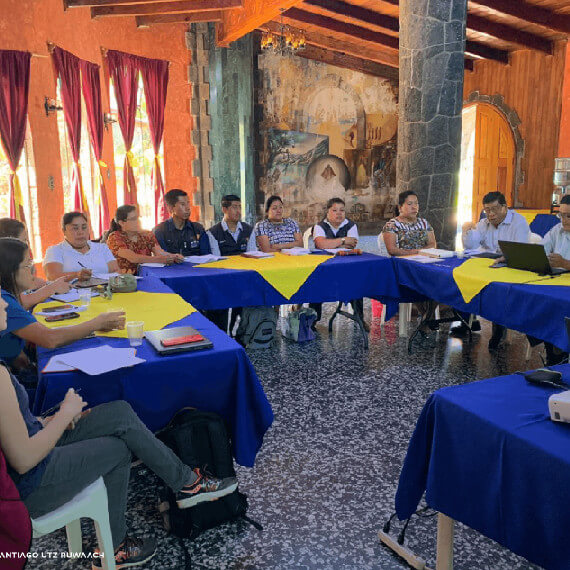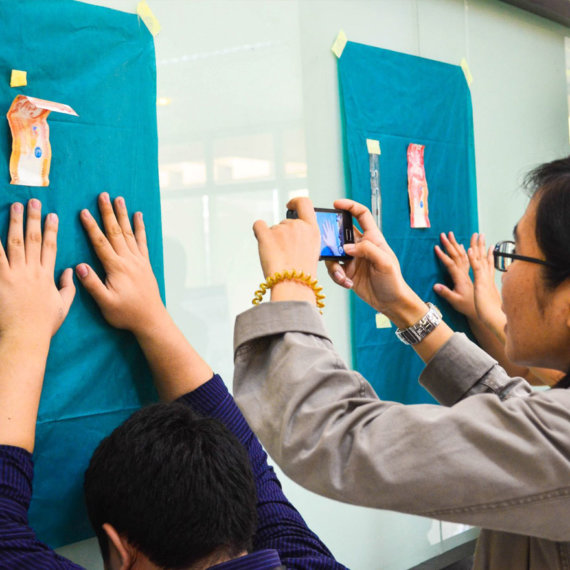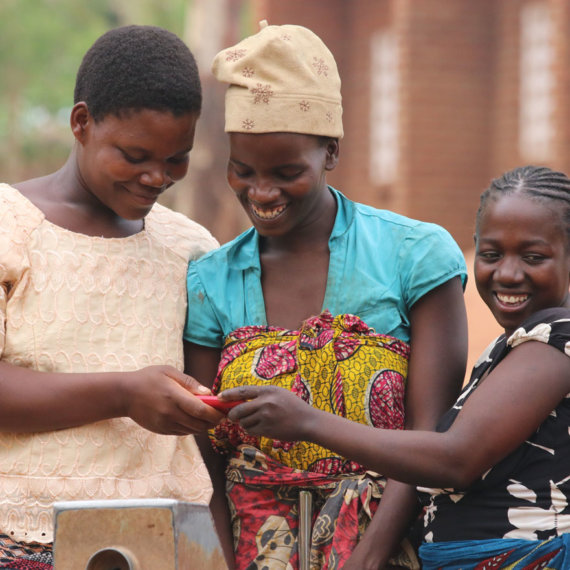EMBRYYO TECHNOLOGIES
Embryyo Technologies is a private medical device and technology innovation company, based in Pune, India, specializing in low-cost, context-appropriate, user-centred interventions in the field of public health.
CONTINENT
Asia

Country
India
Organizational structure
Nongovernmental organization
Health focus
Primary healthcare, Maternal and child health
Areas of interest
Community health workers, Digital technologies, Last mile distribution
Health system focus
Health workforce, Information systems
CHALLENGES
In recent years, there has been increasing recognition of the importance of medical devices and other non-pharmaceutical health-related technologies to all aspects of health care (Sinha & Barry, 2011). Despite advances in health technology, there are many diseases for which inadequate or few technologies exist that can reduce their burden on health (Sinha & Barry, 2011). There are also significant challenges in financing and delivering technologies to those who need them. In India, the majority of medical devices manufactured are exported, while 75% of the medical devices used in the country are imported (Deloitte, 2010). About 70% of complex medical devices sit inoperable at their destinations in developing countries (WHO, 2011). Creating appropriate products for low-resource settings requires not only a rethinking of what is considered a health technology, but also cross-disciplinary innovation and in-depth understanding of the particular needs of each country.
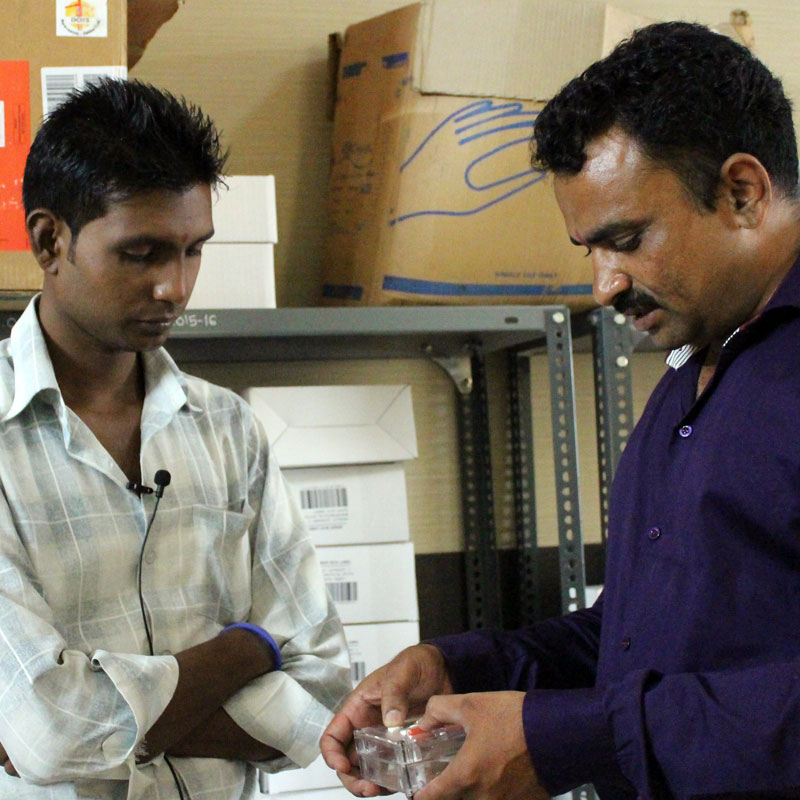
“We haven’t really attempted to build a fundamentally new system … [but] to study the inefficiencies in the existing system and … build the right solution which addresses those inefficiencies.”
– Embryyo Design Team
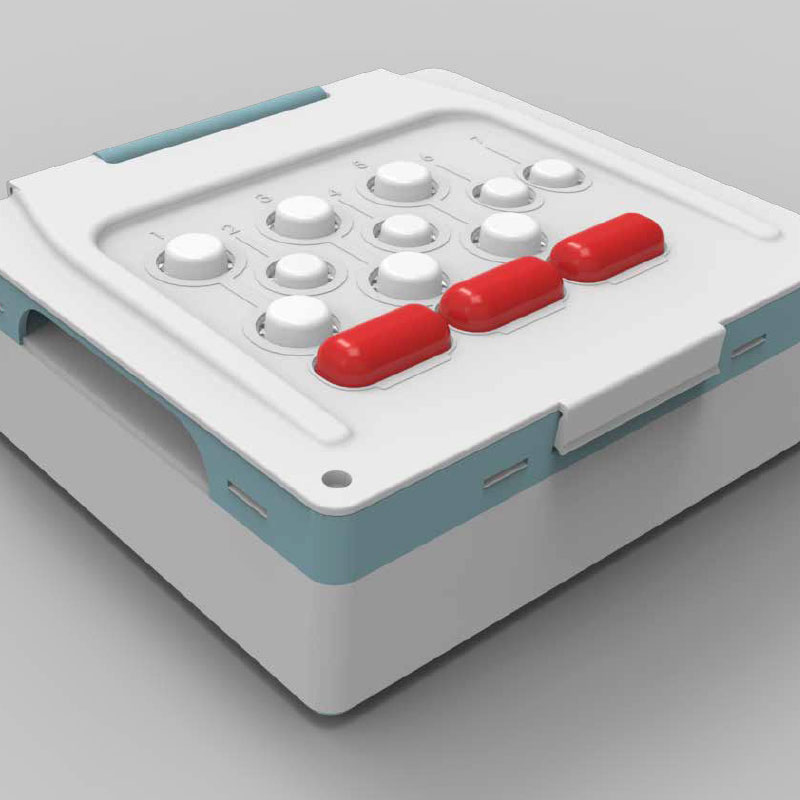
INTERVENTION
Embryyo Technologies (Embryyo) is a private medical device and technology innovation company, based in Pune, India, specializing in context-appropriate, user-centred interventions in the field of public health. Its mission is to create breakthroughs in science, technology, research and design while solving the toughest challenges in global health to enable maximum impact in a sustainable way. Embryyo designs a wide range of low-cost innovations including devices for blood plasma separation for point of care diagnostics, non-invasive bilirubin assessment in neonates, respiration rate diagnostics, a LED-based neonatal phototherapy system, and a tuberculosis drug adherence monitoring system. Embryyo involves its end users in the design and testing process to make sure maximum benefits accrue to the intended beneficiaries and that their input is considered and incorporated throughout.
“People from different backgrounds – mechanical, electrical, software, mobile applications, and product design – are coming together, glued by a medical problem, and creating a product … [They are] a team of impatient optimists, bubbling with ideas at a very high rate … trying to convert the top line ideas into real tangible products … With these kinds of initiatives, we are contributing our bit to health as well as economy.”
– Nishant Kumar, Co-founder, Embryyo
Embryyo has adapted a mixed funding model, leveraging philanthropic grants to fund the development of affordable solutions to public health challenges, before engaging with investors who can support commercialization. Currently, Embryyo’s focus is on the design and prototyping stages, not the commercialization and distribution stages. Moving forward, Embryyo plans to explore three routes to market for its products: 1) licensing the IP to a third party; 2) creating spin-out entities; or 3) managing the full commercialization process in-house.
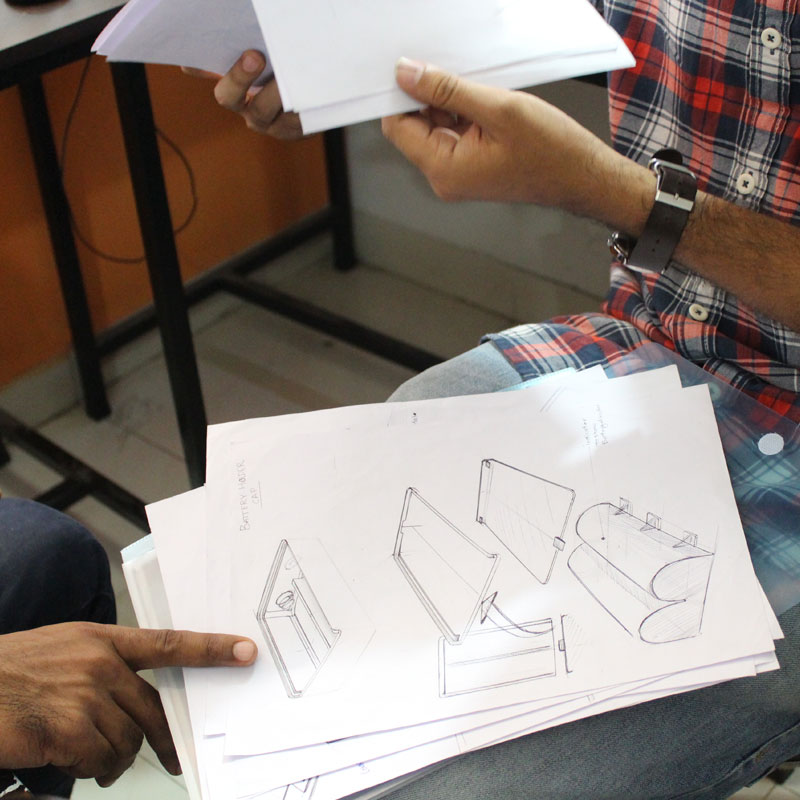
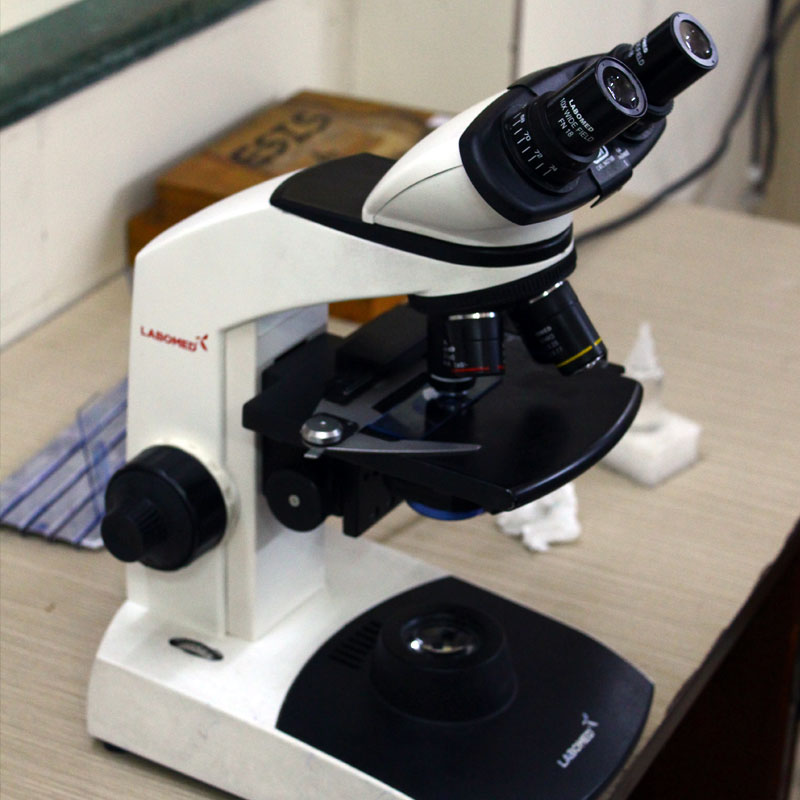
CASE INSIGHTS
The Embryyo case study illustrates how research funding can support start-up companies in low- and middle-income countries to develop and test new low-cost, context-appropriate technology innovations. These creative young companies often require tailored business support and guidance to get the innovations into the local market while retaining affordability of the product. The case study also shows how location-specific needs assessment and user-centred design can ensure that more appropriate devices reach people in need, and prevent the adoption of ineffective or inappropriately costly technologies that could divert resources from other critical health care areas (Sinha & Barry, 2011).
“We fundamentally believe that good health is the primary signature of prosperity for any individual, their families, and the nation at large…with these kind of initiatives we are contributing our bit to health as well as economy.”
– Nishant Kumar & Prateek Jain, Co-founders, Embryyo





